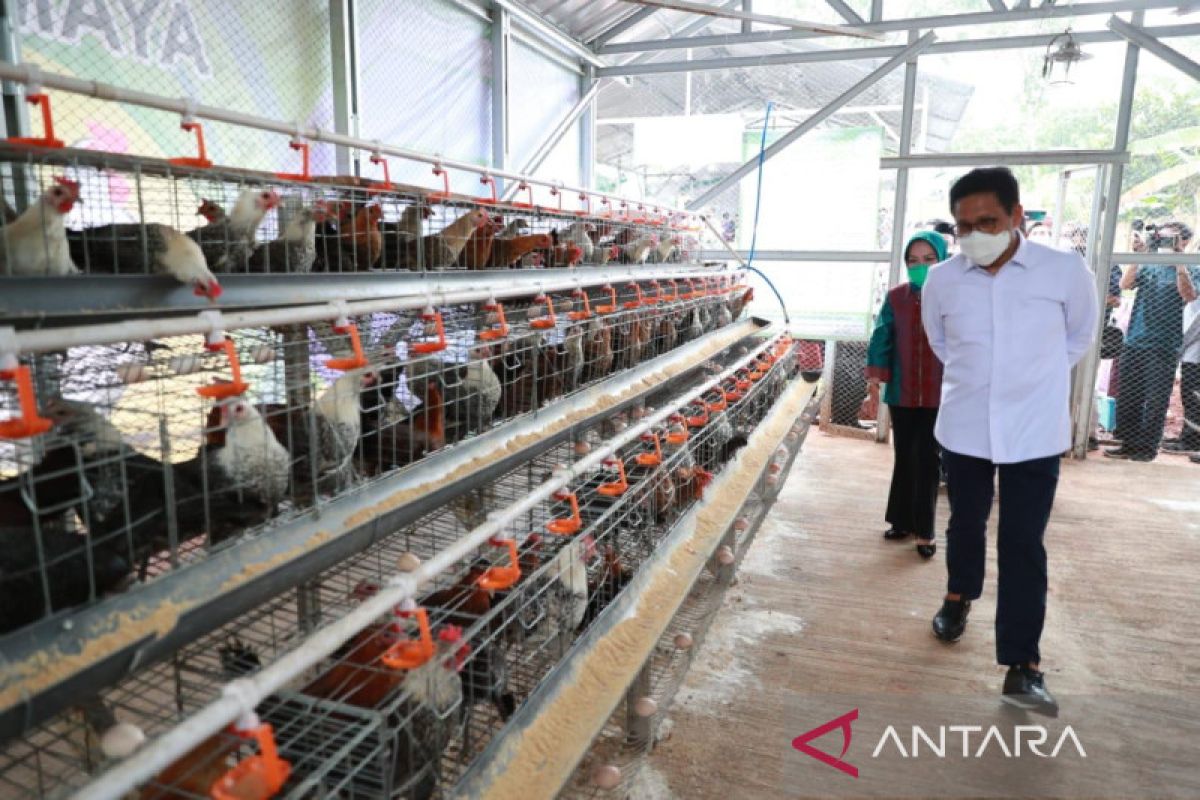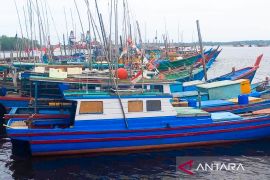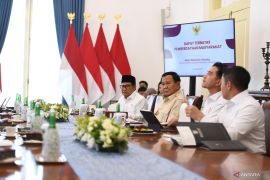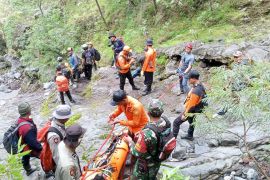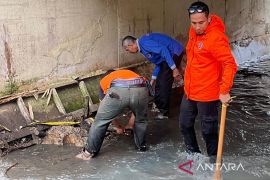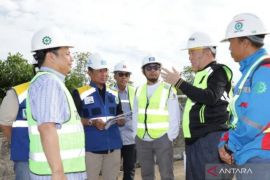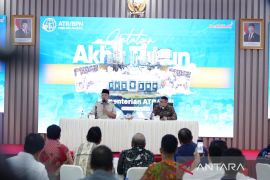Jakarta (ANTARA) - Minister of Villages, Development of Disadvantaged Regions, and Transmigration Abdul Halim Iskandar expressed hope that farming programmes managed by joint village-owned enterprises would help meet the national food needs.
"The joint village-owned enterprises is essential to consolidate comprehensive farming potential at villages to enhance our effort in fulfilling national food needs," Iskandar said on his statement received in Jakarta on Sunday.
Development sustainability plays a key part in the development of farming village programmes to fulfil food needs and enhance residents' livelihood, he said.
The minister continued that the joint village-owned enterprises could also help villagers fulfil their food needs, reduce stunting cases prevalence, and alleviate poverty in villages.
The comprehensive farming village programme is also expected to be able to face future challenges after the COVID-19 pandemic, particularly to provide the country with sufficient animal protein besides plant protein, he added.
"President Joko Widodo has emphasised that our future challenge after the COVID-19 pandemic is on the provision of food. Hence, food issue will be a global, instead of local, issue," Iskandar remarked.
Related news: Rural development expo enlivens Sail Moyo Tambora
The development of a comprehensive farming village programme is one measure that the ministry has conceived to enhance national food resilience, he said.
The programme has been commenced in 2021 and targets joint village-owned enterprises that involve up to ten villages in their activities, the minister noted.
"Villages that have the potential in the farming sector will be developed as meat-provider centres, including beef, mutton, poultry, as well as a horticulture centre," Iskandar said.
The minister revealed that the comprehensive farming villages pilot programme has been started in seven districts in Java: Bandung, Cirebon, Kebumen, Nganjuk, Jombang, Lumajang, and Kudus.
The seven joint village-owned enterprises in each district are advised by the ministry and third-party institutions, with up to 72 villages involved and a total of 14 hectares of land cultivated for the programme, he added.
Related news: Indonesia prioritizes development in rural areas


